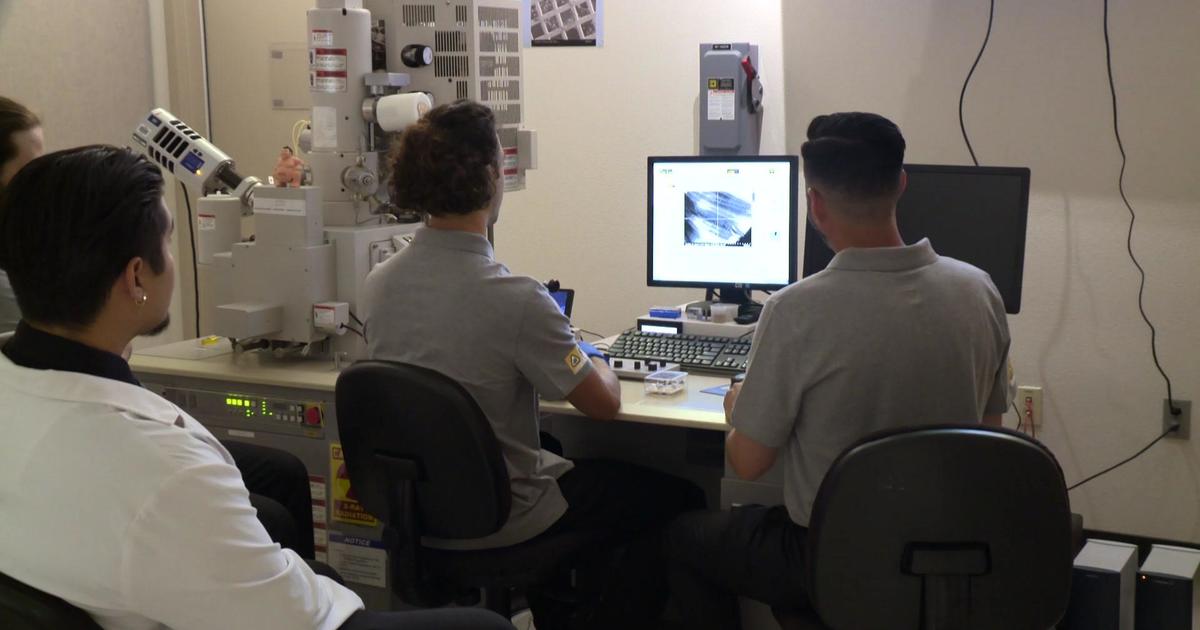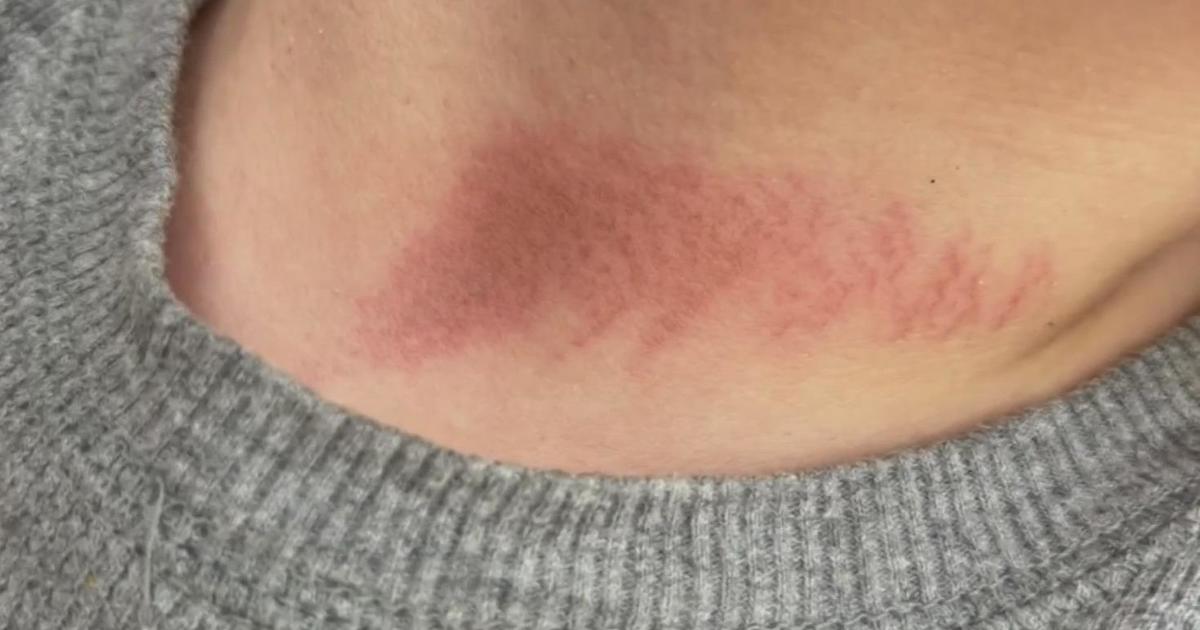Call Kurtis: One Sick Puppy
"When she's like this I'm happy," Lisa Lopez says while playing with her boxer puppy Roxy Heart; she is apparently feeling well today.
But that wasn't the case last June, two weeks after Lisa and her son Isaiah brought her home.
"When she first got sick we were just watching her and crying and crying. I was like I don't know, she's gonna die and I said no, no we can't let her die, let's take her to E. R." remembers Lisa.
Over the next several months Roxy was in and out of the vet's office, undergoing tests.
By November first a cat scan confirmed she had a liver shunt.
It's a congenital condition where a vein bypasses the liver preventing it from filtering out toxins from the animal's blood stream.
The resulting illness can lead to death.
Lisa's vets recommended surgery.
Her pet insurance, Trupanion, states online it covered congenital disorders.
But when Lisa sent them the diagnosis Trupanion called her.
"And she said well, we're saying that it's pre-existing, pre-existing during the waiting period."
That 30-day waiting period ended on July 14th.
And even though Roxy wasn't diagnosed until 31/2 months later Trupanion said it would not cover the $7,000 surgery.
"I was just in shock. I said that's not right. You know, how can you do that?"
Again, Trupanion ruled Roxy's condition as pre-existing.
Lisa argues Trupanion's own website contradicts itself.
It states that it covers congenital disorders as long as it's not pre-existing.
Lisa says "congenital disorder by definition is something a puppy is born with."
And, therefore, is pre-existing.
So which is it?
Does Trupanion cover it, or not?
When Trupanion refused to discuss Lisa's case with us we encouraged her to file a complaint with the state Department of Insurance, which she already had.
And she had another option.
"Please remain seated. Come to order. Department 17 is now in session" announces the bailiff in San Joaquin County Small Claims Court.
Lisa sued Trupanion's parent company American Pet Insurance.
"I think that they're just trying to find a loophole" she tells the commissioner, or judge.
Both sides had their say on Friday.
Trupanion's John Stine argued, establishing the pre-existing condition, "we don't go based on the diagnosis; we go based on the symptoms."
And while Lisa waits the 30 days for the commissioner's decision, she reflects on what she calls a misleading sales pitch.
"I'm mad, it's a lie. Don't believe everything you read."
Some companies are "admitted" insurance companies.
This means their products are fully vetted, or examined, by each of the 50 state Departments of Insurance for the policyholders' protection.
Also know that not all companies are regulated by the D.O.I.
According to ConsumerAffairs.com, California's law falls hardest on sellers of unhealthy dogs, but hobby breeders do not fall under its provisions except for the extremely active ones. It applies to anyone who sold, transferred, or gare away two or more litters during the preceding calendar year.
Buyers have 15 days to document contagious or infectious disease, one year to document congenital or hereditary defects. The seller has 120 days to produce advertised registration papers. If the seller fails to do so, the buyer may return the dog for a full refund or keep the dog and receive a refund of 75 percent of the purchase price.
If the dog is proven to be ill or to have hereditary defects, the buyer is entitled to a replacement plus reimbursement for veterinary expenses related to certifying the dog's illness, up to the price of the dog including sales tax.
The buyer may also choose a refund plus reimbursement for veterinary expenses related to certifying the dog's illness, up to the price of the dog.
If the buyer elects to have the dog treated, the seller is required to cover up to 1 1/2 times the purchase price of the dog in veterinary expenses.
It is important to note that the cost of testing to certify a dog unhealthy could double what a seller is obligated to refund to the purchaser. This makes it very expensive to sell ill and defective dogs in California.
Read more: http://www.consumeraffairs.com/pets/lemon_ca.html#ixzz1As632b3l
Read the California Health & Safety Code: http://law.justia.com/california/codes/2009/hsc/122125-122220.html



